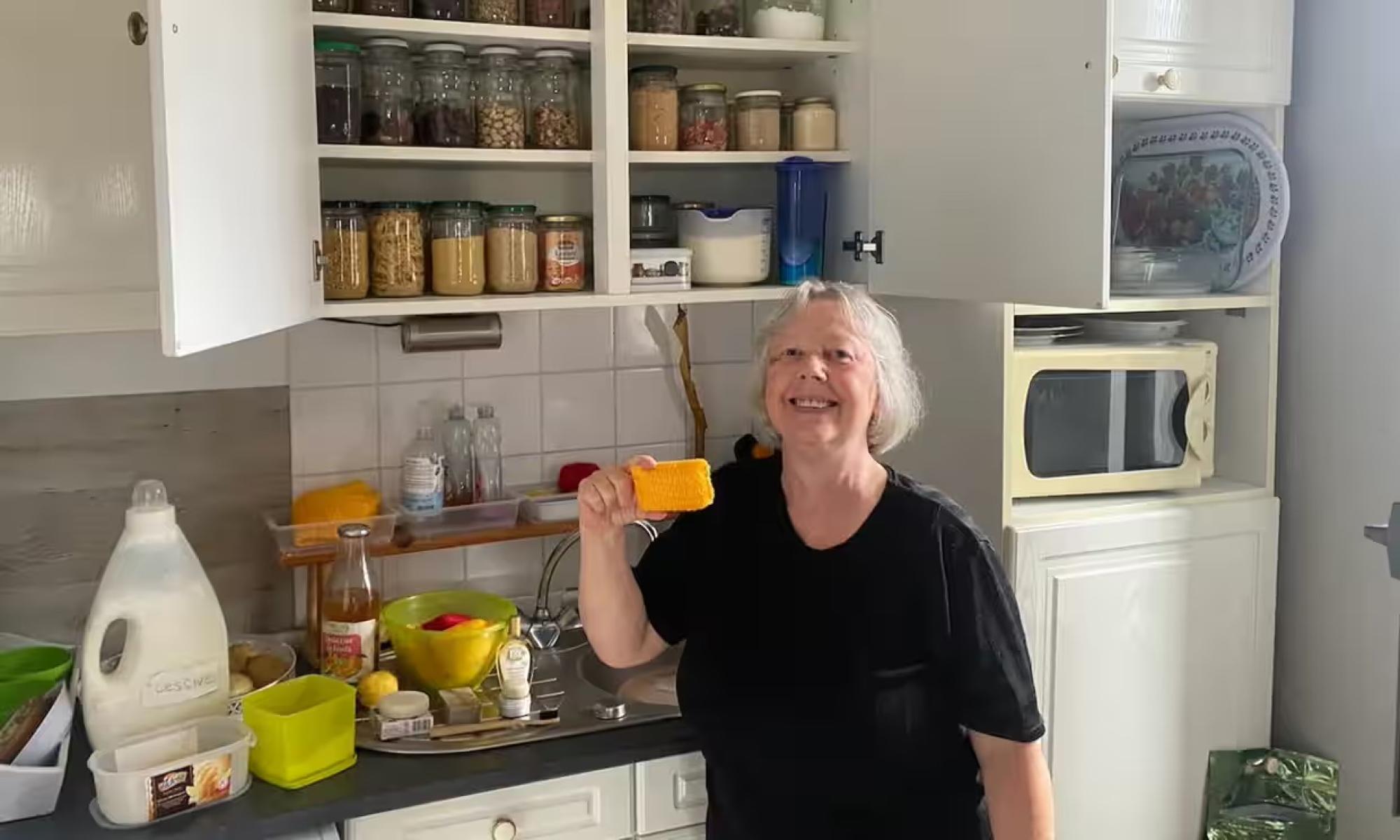Related Stories
‘It’s kind of gross but we can do it’: How a community learned to go zero waste
Key Excerpts from Article on Website of The Guardian (One of the UK's Leading Newspapers)

Posted: December 18th, 2023
https://www.theguardian.com/environment/2023/dec/07/its-kind...
When [city councillor] Alexandre Garcin dreamed up Zero-Waste Roubaix, it wasn’t sustainability he wanted to tackle, but the litter problem that plagued his city. Garcin sent out leaflets looking for 100 volunteers to participate in a free, year-long pilot programme that would teach them how to live waste-free. These familles zéro déchet, or zero-waste families, would receive training and attend workshops on topics such as making your own yoghurt and cleaning with homemade products, with the goal of halving their waste by the year’s end. Volunteers weren’t offered any direct financial incentives to participate – only the promise of helping solve the litter problem and protecting the environment. The project focused on creating an identity around zero-waste and assigning families quantitative waste-reduction targets – strategies that are proven to be effective in other contexts, and everyone got pretty straightforward guidelines – for example, “don’t buy more food than you can eat”. According to Garcin, it’s actually “not that difficult” to halve a household’s waste production. Composting gets you most of the way there, since organic waste makes up about a third of the average French family’s municipal waste by weight. Another third is glass and metal, a significant chunk of which can probably be kept out of the landfill through recycling, and 10% is plastic, much of which can be avoided by finding reusable alternatives to plastic grocery bags, cutlery, packaging and other single-use items.
Note: Explore more positive stories like this in our comprehensive inspiring news articles archive focused on solutions and bridging divides.
Related Stories
Top Inspiring News Articles
Top Inspiring News Articles from Years Past













